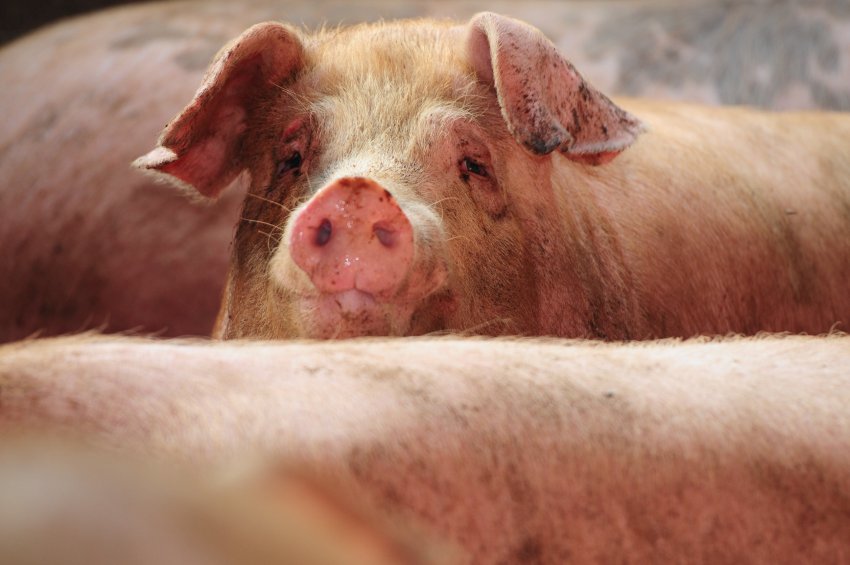
Pig producers have been warned to consider the 'very real threat' of African swine fever (ASF) in the UK as the virus continues to spread in Europe.
In new guidance, the National Pig Association (NPA) has urged farmers to consider whether they are doing everything they can to prevent and prepare for ASF.
It follows a ‘marked increase’ in domestic pig outbreaks across Europe last year, with 1,000 recorded over the summer, the highest figure in recent years, driven by rapid spread in the Balkans.
ASF was reported in domestic pigs in 13 European countries between May 2023 and January 2024, and in wild boar in 17 European countries over the period.
Whilst ASF doesn’t affect humans, it is a highly contagious and fatal notifiable disease that is also present in parts of Asia and Africa.
The NPA has urged farmers to spend some time over Easter familiarising themselves with its guidance, covering everything about the virus and a possible outbreak.
The 26-page document includes information on how the virus spreads, as well as biosecurity advice and clinical signs.
It also looks at what happens if the disease is confirmed on the farm, and the the different zones and restrictions that would be in put in place in the event of an outbreak.
Industry concerns have been heightened since December, with the revelation over the large quantities of illegally imported meat, around 75 tonnes since September 2022, being seized at the Port of Dover.
Most of this was pork from ASF-affected parts of Europe, with the prospect that this work will be compromised due to funding cuts.
The NPA said it had 'huge concern' at Defra’s decision to slash funding for the Dover Port Health Authority (DPHA) for this work from April.
While APHA currently rates the overall risk of entry of ASF virus from affected countries, at ‘medium’ (occurs regularly), it states that the risk of ASF entering from the human-mediated pathway remains at 'high' (occurs very often).
NPA chief executive. Lizzie Wilson said there was 'no doubt' that ASF remained the biggest threat to the British pig industry.
“We continue to make the case to government for proper resources to be put in place at Dover, and other points of entry, to help ensure we keep it out," she said.
"We also continue to seek clarity on the government’s plans and the rules that would apply in the event of an outbreak, including in relation to regionalised pork trade.
“But it is also essential that everyone who works in the pork sector does their bit to keep the virus at bay and is prepared, as much as possible, in the event an outbreak.
“We urge all members to take a good look at our comprehensive guidance, which is a live document that is updated as new information comes through."
